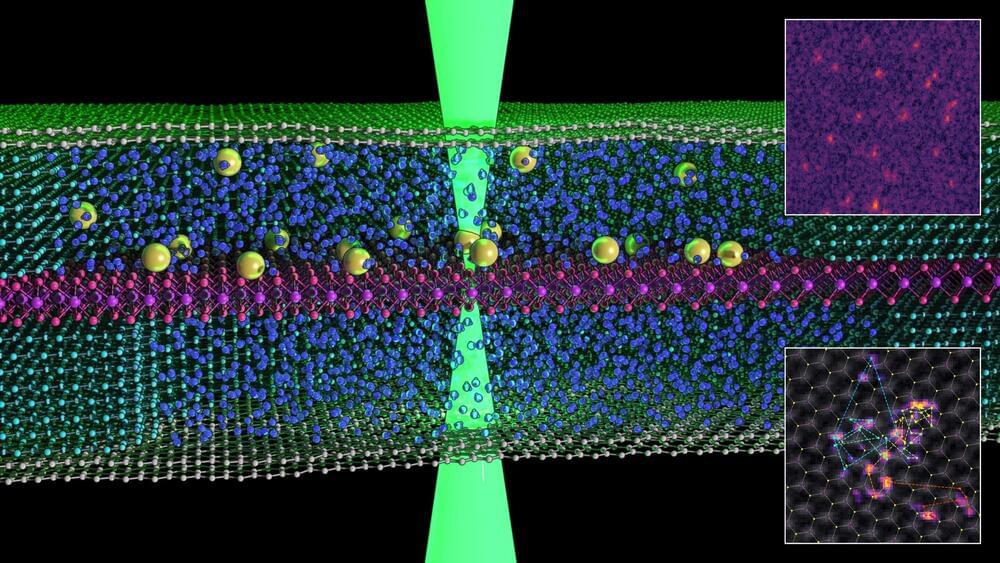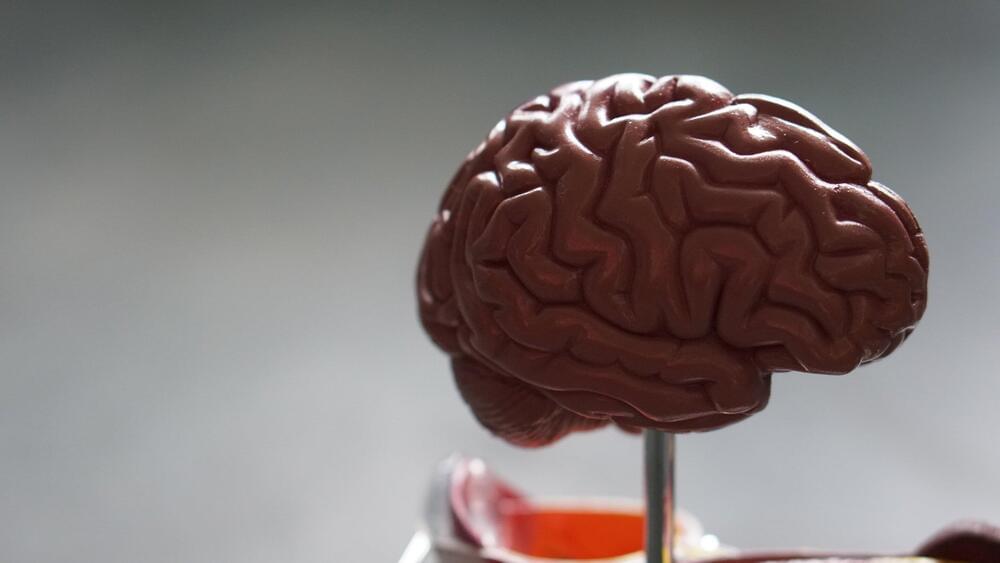Jul 30, 2022
New evidence hints at the role of gut microbiota in autistic spectrum disorder
Posted by Saúl Morales Rodriguéz in categories: biotech/medical, neuroscience
Autism spectrum disorder (ASD) is a neurological and developmental condition that affects how humans communicate, learn new things and behave. Symptoms of ASD can include difficulties in interacting with others and adapting to changes in routine, repetitive behaviors, irritability and restricted or fixated interests for specific things.
While symptoms of autism can emerge at any age, the first signs generally start to show within the first two years of a child’s life. People with ASD can encounter numerous challenges, which can be addressed through support services, talk therapy and sometimes medication.
To this day, neuroscientists and medical researchers have not identified the primary causes of ASD. Nonetheless, past findings suggest that it could be caused by the interaction of specific genes with environmental factors.


















